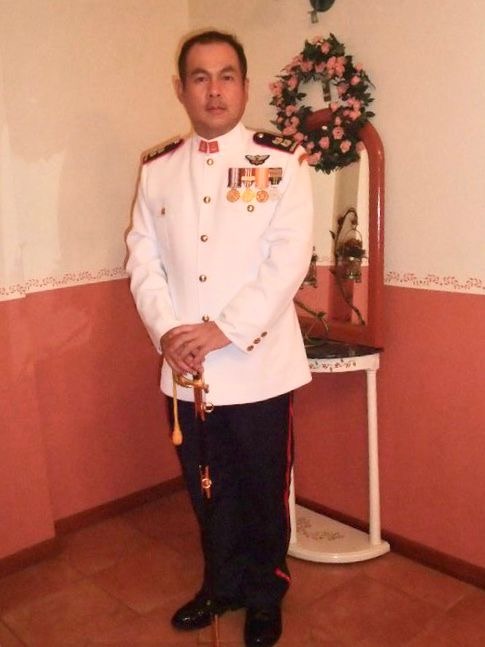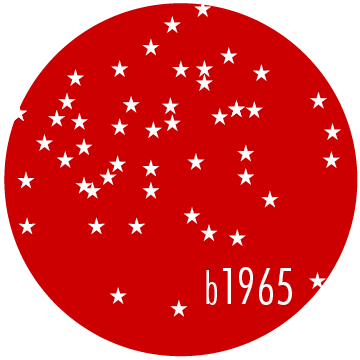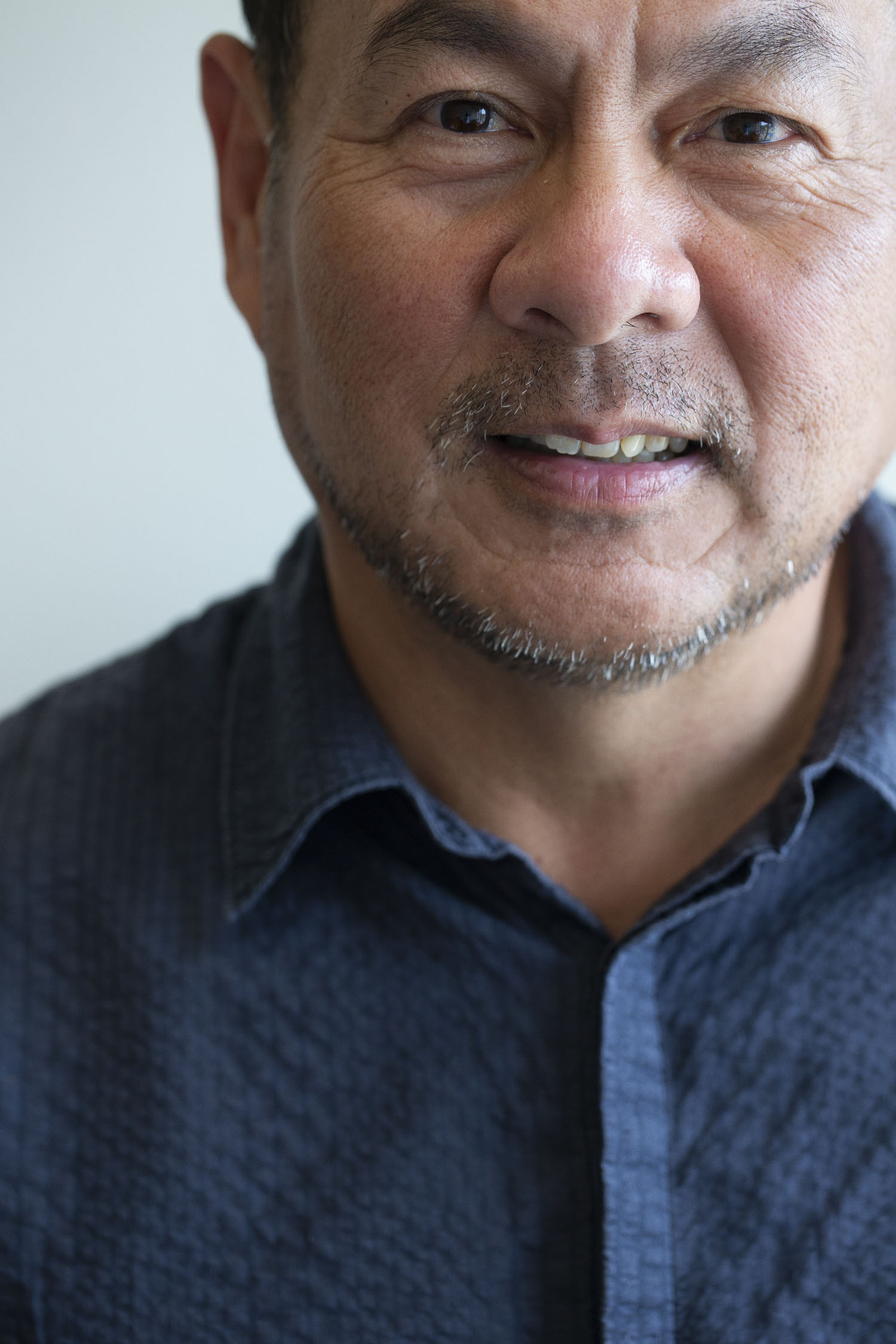CHOO Teck Chuan grew up in Geylang, which in the early years of modern Singapore, was considered an unsafe neighbourhood where gang-related and vice activities were rife. He realised early in life that academic studies were not his cup of tea and studied at a vocational institute after his ‘O’ levels. Most people assumed then that he would have a ‘tough’ life but he found his calling in the Singapore Armed Forces. He served illustriously for more than three decades and retired in 2015 as a lieutenant-colonel.
We were all born in 1965. Do you attach any significance to that?
Of course. I feel that each time our country celebrates its birthday, it is also celebrating our birthday. Next year is the 60th and it will be a big celebration for the country.
I tell people that my mother must be quite smart. She waited and assessed the situation first before giving birth to me.
A lot of people will say that you have a very blessed life or career. Do you get annoyed when they ask how an Institute of Technical Education (ITE) graduate ended up being a lieutenant-colonel in the army and chief operating officer(COO) of a big company?
Actually I am quite proud.
I tell people that I am very blessed, and this is God’s gift to me, despite not being academically inclined.
When I had a chance in my military career to pursue an MBA, I declined it. Instead, I chose to focus on the more hands-on type of leadership and groomed my staff in my own way.

If you are not strong academically, what are your strong points? What are your secrets?
Many people often remark, “You look at Choo Teck Chuan, EQ 冇得頂 mou dak ting (beyond comparison).”
My EQ is God’s gift.
I can make things happen because of my ability to connect with people.
In my SAF days, I was involved in at least six National Day Parades (NDPs) and I dealt with many civilians including sponsors.
I soon realised that people were not talking to me just because I was a major or a lieutenant-colonel. I connected with them and people started to take notice of me.
There was a regular sponsor who only kept my phone numbers. When I finally left the army and needed help, I called him. We still meet up frequently.
When I was mentoring some military officers who were retiring, they asked me, “How did you succeed?”
I told them, “It is all about building relationships. About communications. I have a very strong network.”
To me, there are two types of networking. One is transactional. My networking goes beyond the transactional.
I have reached a stage where people who need not be friends with me want to be close to me.
When I was the COO at Koufu, I started to work closely with Singapore Food Agency(SFA) and the people at SFA are known to go ‘by the book’.
Although I am no longer in Koufu, we are still in close contact. We eat durians together, and we meet for dinner.
Today, if I were to ask for a favour or help, they will find ways, within legal means, to support me.
"To me, there are two types of networking. One is transactional. My networking goes beyond the transactional."
And now that you are at NTUC Club, do those relationships continue?
I can still pick up the phone and call many of them.
You mention God a lot. Is the Christian faith very important in your life?
Yes. When things happen and I have a chance to reflect, I realise it is not my mind or my strength, but that of God.
He has made my life and that of my family very better.
You became a Christian when you were very young but did not attend church regularly until much later?
I think it was in 2002 and my daughter was in primary six. She was then a mediocre student and struggling in her studies.
There were a lot of other challenges in my life during that period.
A friend from the army took me to church and I saw the revelation.
So we sought God’s help.
Eventually my daughter became better at her studies and went to university.
My wife was also feeling lost around the same time. Things changed when she became a Christian. I had the chance to witness firsthand her journey, which was not smooth sailing.
Apart from God, who else was a big influence in your life?
There were a lot of people. I met a lot of 贵人 (people who are of great help in your life) in my SAF career.
I was inspired by some senior officers.
One of them passed away not long ago. He was a good man who was there at a turning point of my life.
You were going through a tough time?
The darkest period of my career happened just 10 days after I became Officer Commanding (OC) in a Guards unit. One of my men died in a 10-km run.
Although the investigation did not find any fault with how the run was conducted, I was given a warning letter. It was quite a serious thing because the letter stayed in my personal file.
It also meant that I was barred from promotion for at least three years.
Because of that, I also did not receive a commendation medal.
I had just been promoted to the rank of captain and I wanted to leave the SAF.
But my friend Quek Chin Chew, who was then the director of manpower in the Guards formation, stood up for me.
How did he help you?
He went to my big boss, my division commander, and asked, “Despite being given the warning letter, has Choo Teck Chuan failed the formation? When given a task to organise certain things, did he do a good job?”
So he fought for you?
I thought that my career was going to end after my stint as an OC.
But when a S3 (principal staff officer responsible for all matters concerning training, operations and plans) post became available, he convinced the bosses to let me have a go at it.
The dark period lasted three years and as soon as the bar was lifted, I was promoted to the rank of major. In essence, I did not lose out on anything.
As an ITE graduate, I did not have the luxury of automatic promotion. Normally, officers with university degrees would automatically become captain but it took me a long time to become one. In fact, it took me almost eight years.
In my 30 over years in the army, the only thing I wasn’t really able to do was to be a staff officer. Because of my education background, they told me that my lack of writing ability was a concern.
Most of my appointments were in the field, involving physical activities.
I became a lieutenant-colonel five years after becoming a major. Given my lack of education, that was considered very fast. Within two years, I was on the Superscale.
However, I stayed a lieutenant-colonel for the next 12 years, until my retirement.
All these happened after I got to know God again in 2002.
"As an ITE graduate, I did not have the luxury of automatic promotion. Normally, officers with university degrees would automatically become captain but it took me a long time to become one. In fact, it took me almost eight years."
So you think there is a correlation?
Of course, nobody gets triple promotions. Definitely not a farmer (a common term in the military community to describe someone who is not highly educated).
You spoke about the lowest point in your life. What about the highest?
When I first enlisted, I had a lot of aspirations. My older brother, Teck Leng, was an officer and he told me he would be very happy if I became one as well.
I assumed that I didn’t stand a chance given that I only had an ITE certificate.
My family members, including my uncles and aunties, were all very worried about my future. They were concerned about what I could do after my National Service (NS). They assumed that my life would be very difficult.
In ITE, there was no NAPFA (National Physical Fitness Award) test. After ITE, I worked in a McDonald’s restaurant and I did not exercise at all. So I was not ready for NS.
But I did quite okay in Basic Military Training (BMT).
My chin-up went from four to 20. The first time I ran the 2.4km, I clocked 16 minutes. When I completed BMT three months later, I clocked 9 mins 30 secs and I was supposedly the most improved recruit.
I was then posted to SAFINCOS (SAF Infantry Non-Commissioned Officers’ School, now known as Specialist Cadet School) where I was offered a chance to be a sniper and a guards section leader.
And then I was offered a place in OCS(Officer Cadet School).
Eventually I did all three — became an officer, a guardsman and a sniper.
As a young commissioned officer, I met this very garang-looking (garang means bold and fearless) commanding officer (CO) at SIW (School of Infantry Weapons) and I thought to myself, “Maybe one day I will become the CO at SIW”.
And I did. My dream really came true.
I have more than one highest point in life.
I am going to switch gears and ask what is one thing you are very proud of as a Singaporean.
In the course of my work, I have travelled a lot to neighbouring countries and that made me realise that we are in a very different position.
We are safe and stable and there is meritocracy. Many people have told me that one has to be academically good to progress but I am proof that it is not so.
My military career prepared me for my transition to the private sector.
When I left the SAF, I had 13 job offers. Many offers came from former senior colleagues whom I had worked with.
So SAF was very good to you?
It was a really good stepping stone and I learned a lot. Although my command of English isn’t great, SAF trained me to write good papers. My former and current bosses and colleagues in ComfortDelgro and NTUC Club seemed impressed with my papers in terms of clarity and conciseness.
I learned to think outside the box and solve problems at work. I never say no and I am also not ashamed to ask for help.
"When I left the SAF, I had 13 job offers. Many offers came from former senior colleagues whom I had worked with."
‘Never say no’ is one of your strengths.
Yes, I am a problem solver.
Recently a good friend who went to Japan forgot that he needed an International Driving Permit (IDP) to drive there. I went to the Automobile Association, got the IDP for him, and emailed the soft copy to him. But the car rental companies accept only hardcopy.
Most people would just give up but I drove to the airport and looked for passengers checking into flights to Osaka.
Finally a couple agreed to take the IDP to my friend who went to the airport to meet them.
Problem solved.
What’s one thing that you believe Singapore can do better in?
The cost of living is one of my concerns. We are in a different era and I worry if the younger generation can cope.
How would you like to be remembered?
When I meet someone for the first time, I wonder if I should present myself as someone who’s very Christian. But deep inside, I know I just want to be myself. I am fun-loving and I like to make people happy. I have a classic book of jokes and I am quite a legend in the guards family. Although many people have told me they have heard my stories and jokes more than once, it does not bother me.
Some people will say you have the perfect personality to go into politics.
I think I am not cut out for it. When I was helping a former colleague who was an MP in his constituency, I realised that I am better at serving grassroot volunteers. Serving the residents is a different thing and my heart is not really there.


